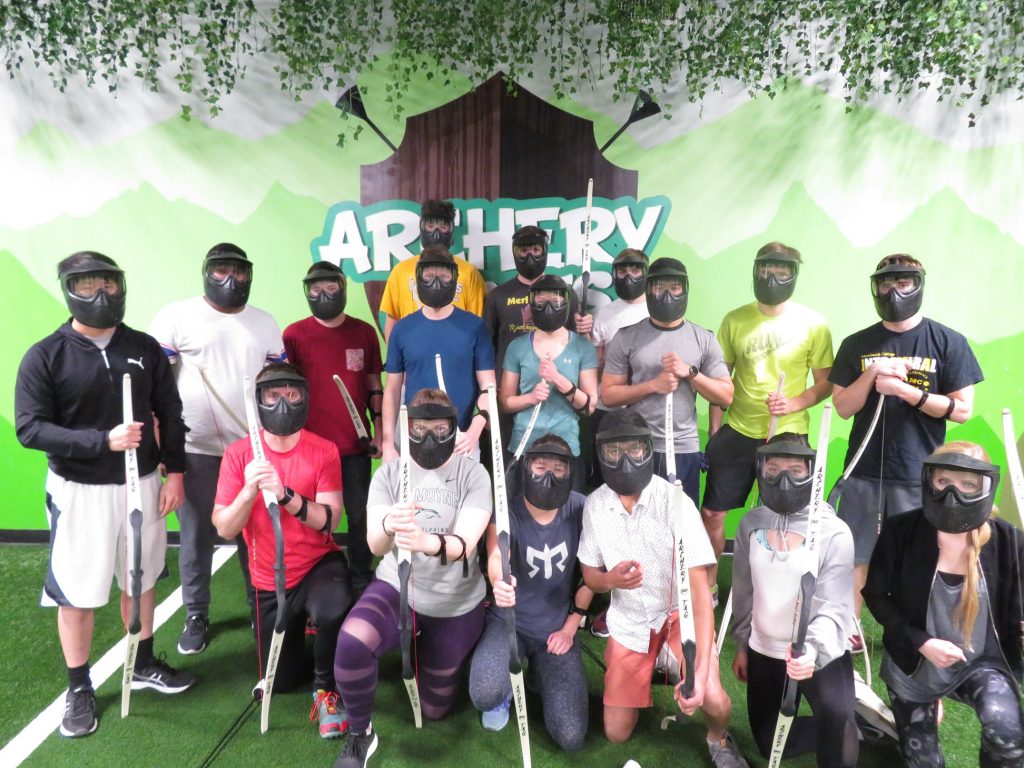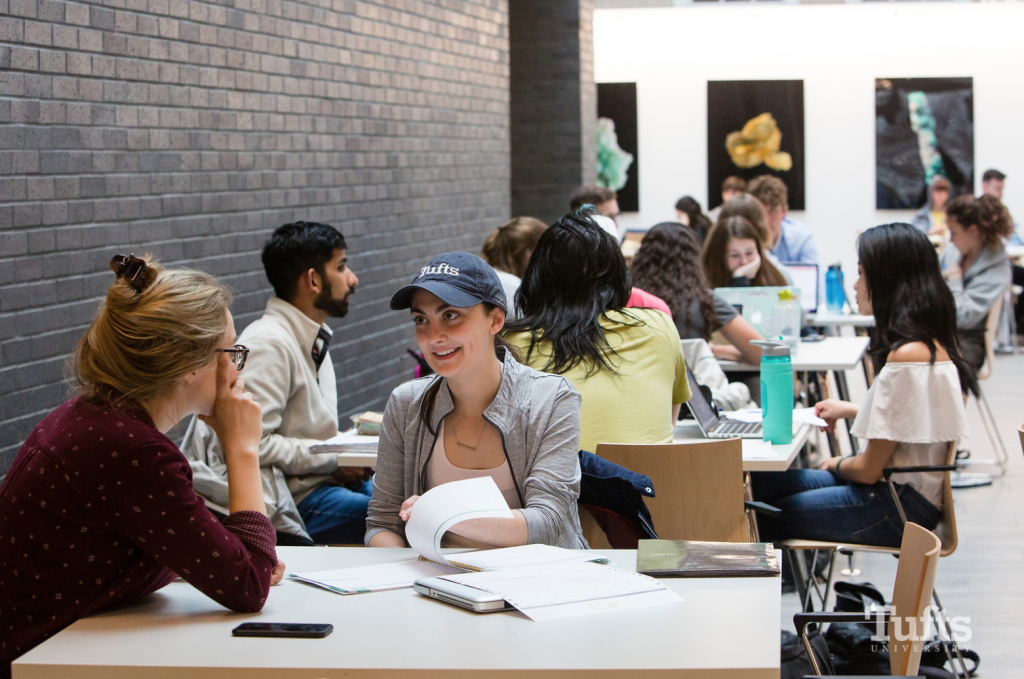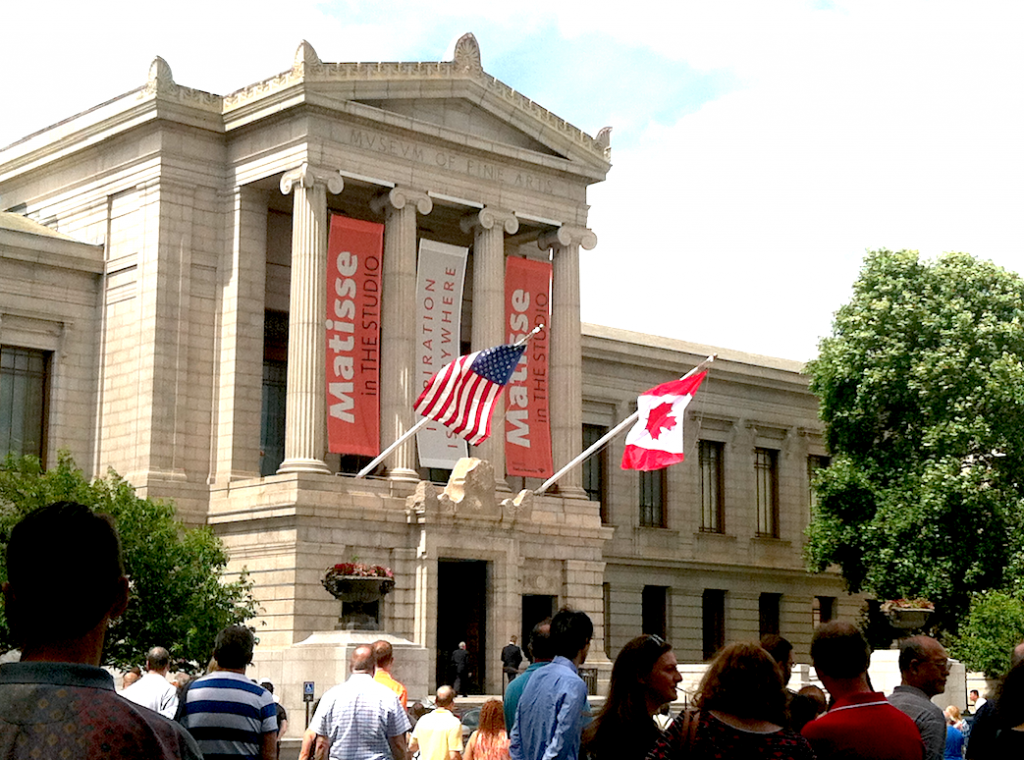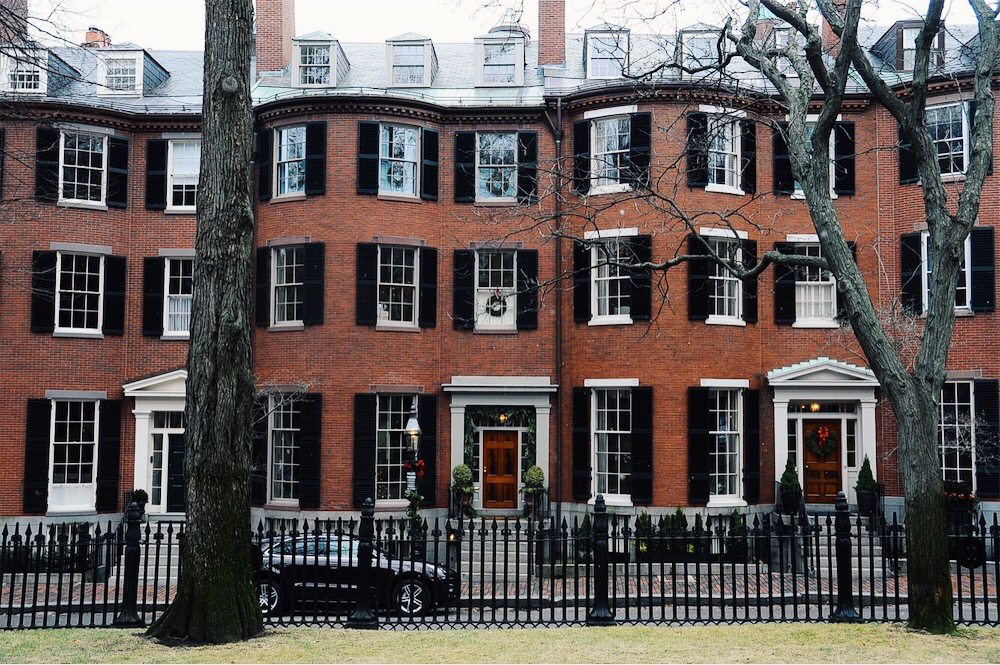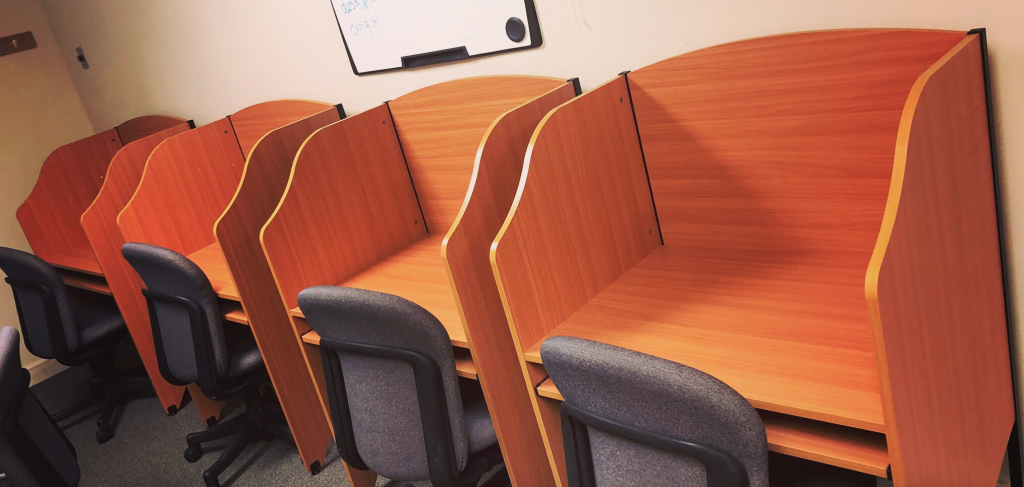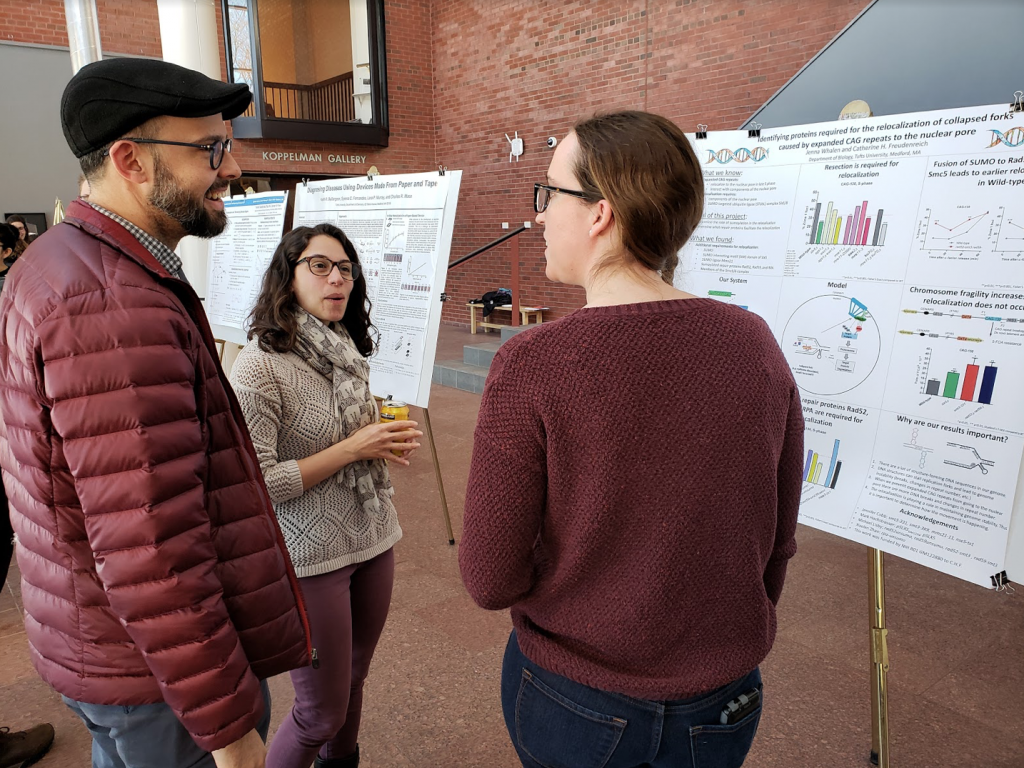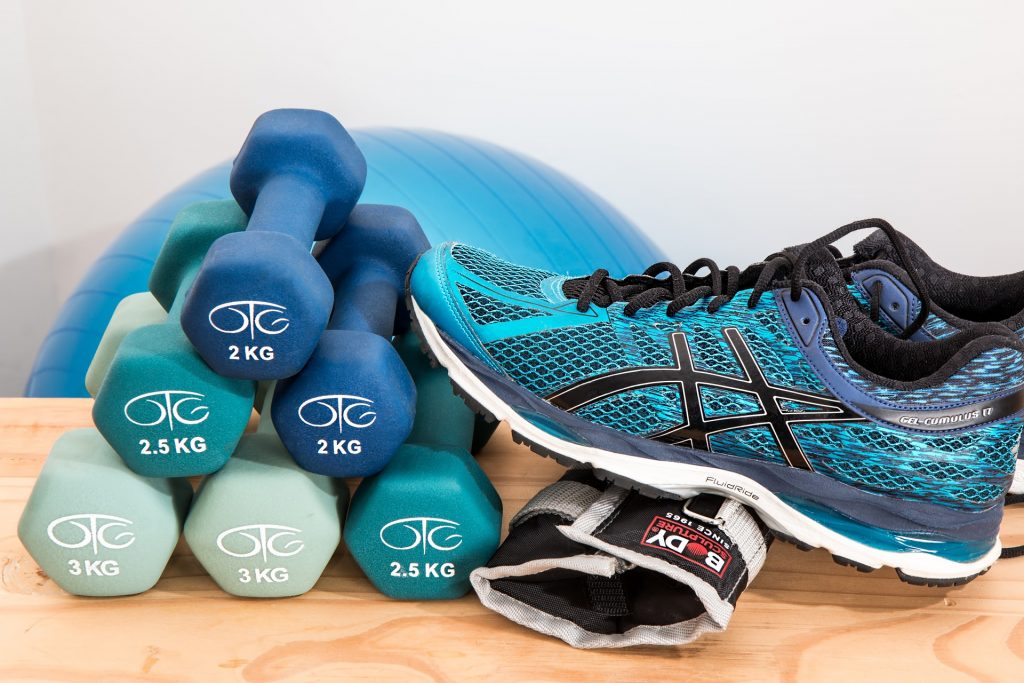
Written by Brenna Gormally, Biology Ph.D. Candidate
The Graduate Student Council (GSC) always welcomes proposals for new Graduate Student Organizations (GSOs). The Graduate Student Sports Organization (GSSO) was recently started by a number of students. Their first year has been very successful, and they’ve even been awarded the honor of Outstanding Graduate Student Organization of 2018-2019. I recently sat down with Rachel Owyeung, President of the GSSO, to chat about their experiences.
Brenna: Could you tell me a little bit about why you wanted to start the GSSO?
Rachel: Because day-to-day grad school responsibilities can be draining, we weren’t satisfied with many of the events planned for us that involve thinking about stress inducing activities, like finding a job after graduation, learning a new coding program, etc. These events are all extremely useful and they do a great job at facilitating a well-rounded graduate school experience, but when you’ve just done experiments for the entire day or spent the whole day writing or editing a paper, sometimes the last thing you want to do is to attend an event that requires extra thinking power. We soon realized that there was a real need for fun activities that kept us active after sitting at our desks all day. We were always planning get-togethers on the weekends to play Spikeball or Ultimate Frisbee, so we figured it would be nice to get funding for these meet-ups and expand these events. Thus, we created the GSSO. We’ve received a surprising amount of support from a diverse group of grad students spanning many departments. Our events have become a great way to meet other students that love sports and staying active throughout their degree.
Brenna: Was it difficult to start a new GSO?
Rachel: Starting a GSO was extremely easy. You can boil the whole process down to three essential steps: 1) You make a constitution, 2) you remember to apply for funding each financial quarter, and 3) you attend monthly GSC meetings (free dinner!). I would encourage everyone to start or join a GSO.
Brenna: What are your most popular events?
Rachel: This is our first year as a GSO, but people loved our ski trip to Gunstock Resort in the White Mountains. We were able to secure funding for lift tickets, including rentals, which made it accessible to people who had never skied before. We had 2 new skiers on that trip! We’re hoping to make it an annual event because of the positive feedback we received. We also recently held an archery tag event, which people loved. There are a lot of unique ways to stay active in the area, and we’ve got our eyes set on axe throwing next!
Brenna: Do you have any events planned for the summer?
Rachel: We are always hosting small scale get-togethers to play sports. We’ll be hosting many Spikeball tournaments throughout the summer, among other sports, like soccer and frisbee, to name a few. We’ve also been discussing hiking, axe throwing, and going to a Red Sox game or another sporting event. Keep an eye out!
Brenna: What’s the best way to find out about your events?
Rachel: Keeping up with the GSC calendar is the easiest way, as we are extremely diligent about submitting our event info there two weeks prior to our events. We also have a newly created GSSO Facebook page that we will be using to advertise our events.
